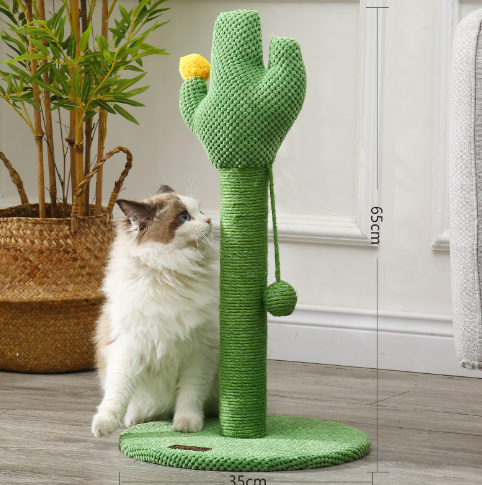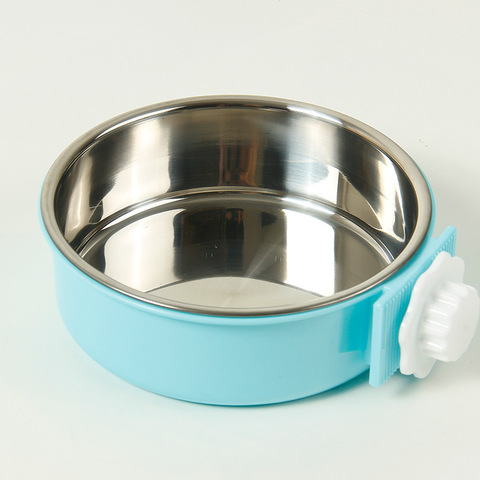Last Updated on January 19, 2024 by Catster Editorial Team
Cats adore climbing, so if you want to treat your kitty to something special, building a DIY set of cat shelves is an excellent idea. Shelves add vertical enrichment to your cat’s environment. This is especially important for indoor cats, who don’t have the chance to climb trees and other obstacles outside. Toys Teeth Cleaning Dental Cat Toy

High spots give cats a sense of safety and security, with many cats choosing these spots for a nap or simply to lord it over their little kingdom from on high, but how do you make a cat shelf?
We reviewed hundreds of different designs and rounded up our favorite 10. From rustic shelves interspersed with greenery to eye-catching metal steampunk shelf systems, there’s something here for all tastes and DIY skill levels.
Most cat shelves are made using wood, and while those look great, you might be looking for something a bit different. Besides having a distinctive steampunk vibe, these metal shelves are almost indestructible! You can paint the pipes any color you like, and either paint the shelves to match or go for a contrasting color. Adding grip tape to the top of the shelves adds a little security too.
Once you’ve figured out where you’re going to put the platforms for this shelving unit, you can get as creative as you like! Adding a feeding bowl platform is a great idea for keeping your kitty’s kibble away from dogs, and placing a covered cat bed at the top is a sure way to keep your cat happy.
These stylish shelves won’t look out of place in any house, and it’s your choice whether you want to add eye-catching cat silhouette decals! You will need advanced DIY skills to shape these shelves to your liking and to create the curved bed area and circular cut-outs for your cat to climb through.
The DIY Cat Staircase Shelves are fun to build, and this is a great place to start if you are just starting with DIY projects. The shelves are stable and durable, and you can build them in just a few hours with only a few tools and materials. You can also build more if you have the space, so your cat has plenty of places to explore. The author provides easy-to-follow instructions with pictures, making the project easy to follow, and you can paint or stain the shelves to match your interior.
The DIY Cat Superhighway is a fun project for a beginner that enables you to use ordinary boards or even pre-purchased shelves to create a large area for your cats to explore. The best part of this plan is that the author provides plenty of tips and tricks for designing the highway, to make it more fun for your cat to explore. You can apply much of the information here to other projects.
The DIY Plywood Floating Shelves project is a great way to make inexpensive shelf platforms for your cat. The floating shelves are attractive and durable, and there are no brackets or bracing that might trip up your cat as they move from one to the next. The author details the preparation and lining up of the shelves to make them level, so there is a great deal of valuable information, and it’s in video format, so it’s easy to follow.
The DIY Cat Shelf Project is a great place to start for beginners because the author provides several different options for creating and installing the shelves, from purchasing them to building them out of wood. There are also many great tips to make it more enjoyable for your cat, like using different-sized shelves and covering some of them with carpet and other items to create unique surfaces.
The Colorful Cat Shelves project is an easy build requiring only a few boards, L-brackets, and spray paint. The author uses L-brackets because they are easier than creating floating shelves but paints them bright colors to match the home’s interior and make them much more attractive than unfinished brackets would be. The instructions are easy to follow, and you can build as many as needed to give your cat more space.
The Vertical Cat Shelf Playground uses boards and L-brackets to create shelves for your cat, but this project takes it further by adding a scratching pad and more without becoming difficult to build. The finished project is more gym-like than others on this list and will provide your cat with hours of entertainment. The author also uses stains to help give the shelves a more rustic appearance.
The Quick Cat Shelves project is perfect for someone who wants to provide more perches for their cat to enjoy and create something without spending a great deal of time building. Instead of cutting the shelves from wood, the author recommends purchasing inexpensive shelving in a few sizes from your local big box store and modifying them with carpeting and stronger brackets, so they are better suited to your pet. This project eliminates all the cutting and shaping and enables you to focus on appearance and functionality.
The DIY Cat Shelf Walkway is more difficult than many other projects on this list, primarily because the walkway that it creates is large and can be difficult to install in certain areas of the home. However, once you complete it, it’s sure to be one of your cat’s favorite areas, and it will likely last many years due to its strong wooden braces. The author stains the wood for an attractive appearance, and the only downside is that the instructions could be more detailed.
If you are looking to learn how to build a cat shelf, whether you’ve got basic DIY skills and are inspired to install a simple cat shelf using IKEA storage units or you’ve decided to put your talents to the test by creating a detailed shelving unit using metal piping, the world is your oyster when it comes to cat shelves!
Rest assured that whatever style you choose, your cat will be forever grateful for the opportunity to climb and nap in the highest spots possible.
Featured Image Credit: Chomphuphucar, Shutterstock

Pet Gear Ed Malaker is a veteran writer who has contributed to a wide range of blogs that cover tools, pets, guitars, fitness, and computer programming. When he’s not writing, Ed is usually performing DIY projects around the house or working in the garden. He’s also a musician and spends a lot of time helping people fix their guitars and composing music for independent films.